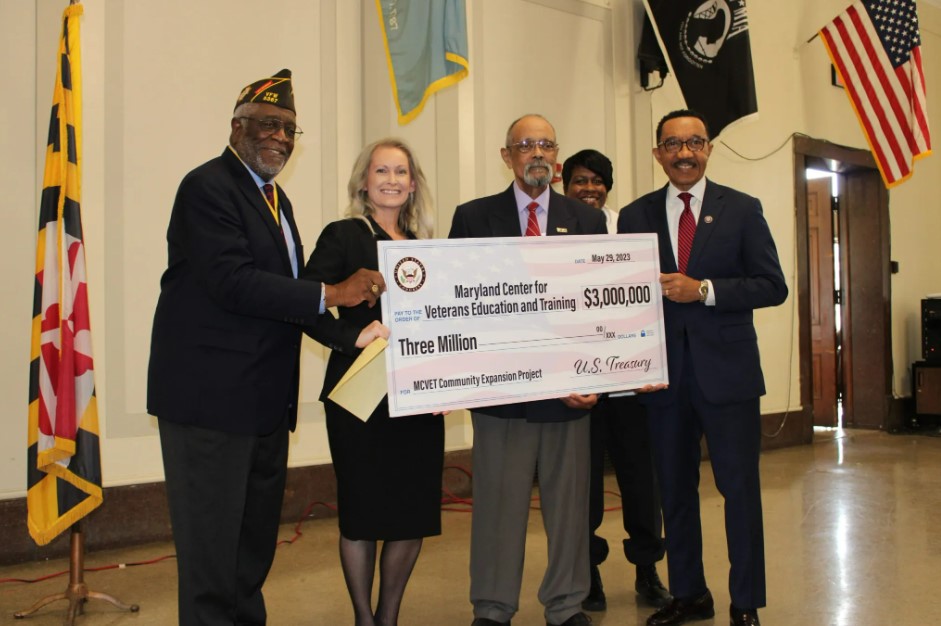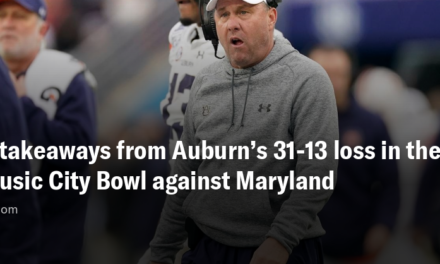
By Jannette J. Witmyer,
Special to the AFRO
Serving in the U.S. military is an honorable path that many follow for a variety of purposes. Members of the armed forces join to protect the freedoms of their country and its citizens, but also to provide a pathway to a stable life once their time in the service has ended. Unfortunately, the rate of homelessness and unemployment in veterans shows that the latter is not always the case.
Although the Veteran Homelessness Fact Sheet, published by the U.S. Department of Veteran Affairs (VA), shows that the number of homeless veterans has declined since its 2020 Point-In-Time (PIT) report, the 2022 report counts a total of 33,129 veterans experiencing homelessness– accounting for approximately 7 percent of the nation’s homeless population.
According to the 2022 Annual Homelessness Assessment Report by the U.S. Depart of Housing and Urban Affairs (HUD), “Of every 10,000 veterans in the United States, 20 were experiencing homelessness. It is somewhat more common for veterans to experience homelessness than for all people in the United States (18 people out of every 10,000).”
The issues of homelessness and unemployment often go hand-in-hand. A September 2023 Jobs Report distributed by the U.S. Department of Labor lists the unemployment rate of veterans at 3.6 percent, an increase from last year’s 2.7 percent. And, in many cases, substance abuse adds to the complexity of these issues. A 2014 study by the National Institutes of Health’s National Institute on Drug Abuse found that approximately 70 percent of homeless veterans also have a substance use disorder.
While the VA’s efforts to thwart the problem of veteran homelessness is reported to have cut the numbers in half between 2010 and 2020, the agency’s data also reflects a stall in its progress since 2016.
In Baltimore, where the city’s February 2022 PIT report lists veterans as 9 percent of the homeless population, the Maryland Center for Veterans Education and Training (MCVET) is doing its part to address their issues by providing “comprehensive services to homeless veterans and other veterans in need, empowering them to reintegrate into their communities as productive and valued citizens.”
The 30-year-old nonprofit’s housing solutions include day-drop resources , emergency housing, transitional housing, and single room occupancy programs. This offering of daytime accommodations and comforts, immediate emergency shelter, 18-24-month programs from long-term care and housing serve as the foundation for participants to regain stability in their lives and become contributing members of a community.
“We know that veteran homelessness can be critically detrimental, not just to the community, but to an individual. MCVET removes that housing instability piece that leads to financial, physical and mental health barriers to success,” explains Misty L. Bruce, MCVET executive director. “We also have programs that alleviate the employment challenges a lot of our veterans have. And we slowly began to see people transition off of that dependability MCVET provides, that stability piece.”
“If you read the data, it’ll tell us that unsheltered homeless veterans are more likely to have criminal justice history, medical and drug problems, poor social support [and] financial hardship,” continued Bruce. “What MCVET does is take that data point as a person, as an individual, and they have a way of reinvigorating someone… instilling hope in a person, giving them something to strive for, reminding people what it is like to be seen.”
“Removing that need for reliance upon institutional care is one of the things that I think MCVET does very well,” she said.
Ivan Gross was a veteran facing eviction and incarceration, whose stable and successful life had been upended by an ongoing series of family tragedies and personal poor decisions, complicated by addiction, when he was referred to MCVET through the Baltimore City Veterans Treatment Court, and he is grateful. A man of faith, he said that he was praying for a change, and his placement in MCVET answered his prayer.
Once placed, Gross, who graduated Dunbar High and completed a year at Frostburg State University before joining the military where he served as a surgical technician, used it as an opportunity to contribute the knowledge and skills he’d later acquired while working as a chief engineer to his MCVET community. He said that it was a way to show his gratitude. So, as he received the help he needed through MCVET’s myriad of services, he voluntarily made repairs when needed.
Now MCVET’s chief of maintenance, Gross’ life philosophy is often reflected in his work. “Gratitude is an action word,” Gross told the AFRO.
Working in tandem with MCVET’s support services in case management, substance abuse, health care, and education, Bruce said that re-instilling a sense of community in its veterans is paramount. There are Sunday services, an on-site barbershop, a gym, a pool table, cornhole, bingo nights and the kinds of “little things that make communities, communities.”
“We really focus on re-instilling the importance of community in our veterans and then showing them through, whether that be duties they have in the building or classes they have to attend, a goal sheet of the individual journey that they can be contributing members of a community. So, reminding them what the navigating community is supposed to look like is one of the other things that I think MCVET does really well,” said Bruce.
Bruce, who took the helm in March 2023 after previously serving as executive director of the American Red Cross, said one of MCVET’s mottos is, “It takes a whole community to help a veteran heal.”
Focused on the veterans’ well-being, she feels that expanding services to support the dependents, survivors, and caregivers of veterans will help provide a more stable support system and community, to which they can return after completing their program at MCVET. Additionally, MCVET is currently in the strategic planning phases to acquire additional real estate to create a residential and training facility focused on women, families, and single moms that are veterans, hopefully with childcare on site.
Learn more about MCVET and its programs and services by visiting their website at https://www.mcvet.org/.
The post Maryland Center for Veterans Education and Training gives hope to homeless veterans appeared first on AFRO American Newspapers .










